6 simple ways to detox your body
By naturopath Margaret Jasinska
If your body is overloaded with toxins, you are likely to feel tired, sluggish and bloated. You may even feel depressed or anxious and suffer with a foggy head.
In our modern world toxins are almost impossible to avoid. Environmental toxins include things like pesticides, food additives, air and water pollution and heavy metals. However, toxins can also be generated within your own body. If you have an overgrowth of harmful bacteria in your intestines, they produce toxins that cause inflammation and free radical damage inside your body.
Your body is cleverly designed to break down toxic substances you are exposed to and eliminate them. However, if you live in a polluted environment, are stressed, drink alcohol or suffer with nutrient deficiencies, the detox channels in your body can quickly become overwhelmed. In this instance, your health would greatly benefit from following the recommendations below.
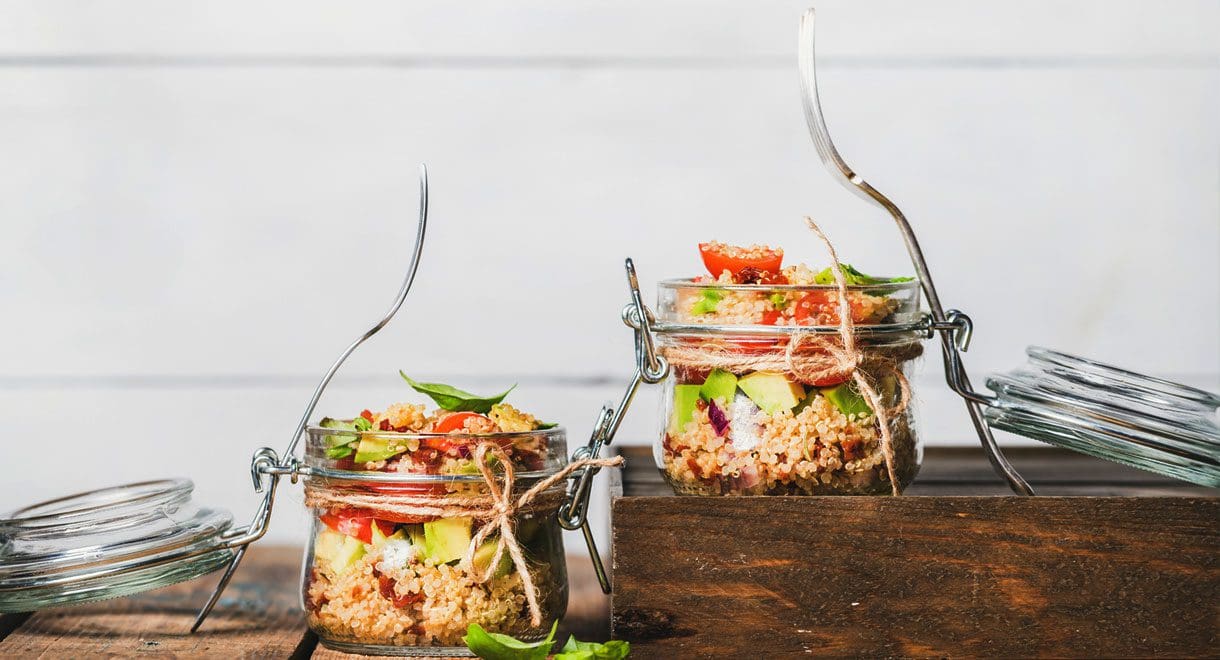

1. Clean up your diet
The type of food you eat each day determines how well your body’s detoxification systems function. A diet high in plant foods, natural fats and protein is best. Removing or reducing inflammatory foods such as sugar, gluten, alcohol, dairy products and artificial additives is a sure way to get your body in detox mode. It is certainly possible to eat plenty of delicious, healthy food without feeling deprived.
An excessive sugar intake long term will weaken your immune system and make you much more prone to infections. Sugar feeds harmful bacteria, yeast and fungi in the body. Excess sugar in your digestive tract can promote bloating, gas, cramps and Candida overgrowth. Long term high sugar intake can promote weight gain and make you more susceptible to diabetes.
Sugar can leave you mineral deficient. The minerals needed to digest sugar are chromium, manganese, cobalt, copper, zinc, and magnesium. These minerals have been stripped from the sugar cane in the refining process. This forces your body to deplete its own mineral reserves to process the sugar. If you like the taste of sweet foods and beverages, use the natural sweetener called Nature Sweet instead.


2. Make sure your bowels are working well
Efficient digestive function is important in order to absorb nutrients adequately and remove waste products. Stress and nutritional deficiencies can impair digestive enzyme production. This can give you abdominal bloating, flatulence and abdominal cramps. Most absorption of nutrients occurs in the small intestine, so its lining must be healthy for adequate absorption to occur. Glutamine is wonderful for improving the health of the gut lining, thus maximizing nutrient absorption and healing leaky gut.
If there has been a lack of digestive enzymes, partially digested food reaches the large intestine and can putrefy and ferment. The problem is compounded if there is a lack of fibre and water in the diet. If you are constipated, or do not have a thorough bowel movement each day, toxins inside your intestines are in contact with the intestinal wall for longer than desirable. This can increase the risk of bowel cancer. It also means that toxins will be absorbed through the bowel wall into your body; polluting your entire body.
The following tips may help improve your digestion:
- Eat slowly and chew well. Do not bolt your food down. If you do not chew your food thoroughly, bacteria, yeast and fungi in your digestive tract will feast on it. This can lead to fermentation, leaving you bloated and suffering with gas.
- Try to eat only when you are hungry, calm and relaxed. There are more nerve fibres surrounding our gut than are in our brain, so our digestion is hugely affected by our emotional state. Stress impairs the secretion of digestive enzymes. If you are having a particularly stressful day, week or month, take a deep breath before you begin your meal to try and slow your mind down. This will not only help your digestion, it should also help to prevent you becoming overweight. If you eat while doing other things at the same time, you are more likely to overeat and want to snack later.
- Include raw foods in your daily diet. Raw vegetables and fruit are high in beneficial enzymes that help us digest our food. These enzymes are destroyed by heat. If most of the food you eat is cooked, your own body must work harder to produce these enzymes.
- Don’t overeat. Eat until you are comfortably satisfied. We live in a country of plenty; you can always go back for more food later if you feel hungry. This will be much easier to achieve if you have eaten slowly and mindfully.
- Avoid drinking large volumes of water while eating because it can dilute digestive juices. Do most of your drinking between meals.
- Include bitter foods in your diet. When we taste bitter foods, nerve endings on our tongue travel to our digestive organs and stimulate digestive secretions. Examples of bitter foods include radicchio lettuce, chicory, endive and bitter melon.


3. Look after your liver
The liver is the most important detoxification organ in your body. It is where all of the toxins that get into your body are processed. The better your liver functions, the better able you will be to remove toxins, rather than having them build up in your fatty tissues.
Detoxification in the liver occurs in two steps. Phase one enzymes bio-activate toxins, and phase two enzymes neutralize them. The end products of phase one reactions are usually even more harmful than the original compound. So if we do not obtain enough antioxidants in our diet, these reactive intermediate compounds can do a great deal of harm in our liver, and throughout our body.
The problem with living in today’s world is that so many of the substances we are exposed to in daily life activate the phase one liver enzymes. Due to poor health and nutritional deficiencies, the phase two enzymes lag behind.
The following substances are capable of inducing P450 enzymes. This means they can make these enzymes much more active; and hence generate a lot more free radicals in the process. Common inducers of P450 enzymes include:
- Alcohol
- Acetate
- Dioxin
- Exhaust fumes
- Sulfonamides (a type of antibiotic)
- Paint fumes
- Oranges
- Organophosphate pesticides
- Carbon tetrachloride
- Steroid hormones
- Stress
- Obesity
- Chronic inflammation
- Nicotine
- Caffeine
If you want to enhance the detoxification ability of your liver, and minimize your body’s toxic load, first of all try to avoid the above substances as much as possible.
Here are some more practical tips for improving your liver’s detox ability:
- Follow a liver friendly diet. Make sure you eat lots of vegetables, fruit, protein and adequate essential fatty acids. Your day to day diet has the greatest impact on your liver health.
- Increase the amount of raw food in your diet. This means eating a raw vegetable salad each day. Many antioxidants, nutrients and phyto-chemicals in fruit and vegetables are destroyed by heat. These beneficial chemicals are essential to mop up the free radicals created in phase one of detoxification. Raw foods are also high in enzymes, which will improve your digestion. This is why raw vegetable juices are so beneficial for the liver.
- Eat foods that are high in natural organic sulphur. These foods include eggs, cruciferous vegetables (eg. cauliflower, broccoli, brussels sprouts & cabbage) and vegetables in the onion family, such as onions, garlic, leek and shallots. Sulphur is needed by the liver to carry out phase two detoxification. Sulphur containing amino acids such as taurine and cysteine are necessary for the production of bile. It is important not to have sluggish bile flow, because this is a major exit route for toxins that the liver has broken down. Sulphur rich foods promote better bile flow.
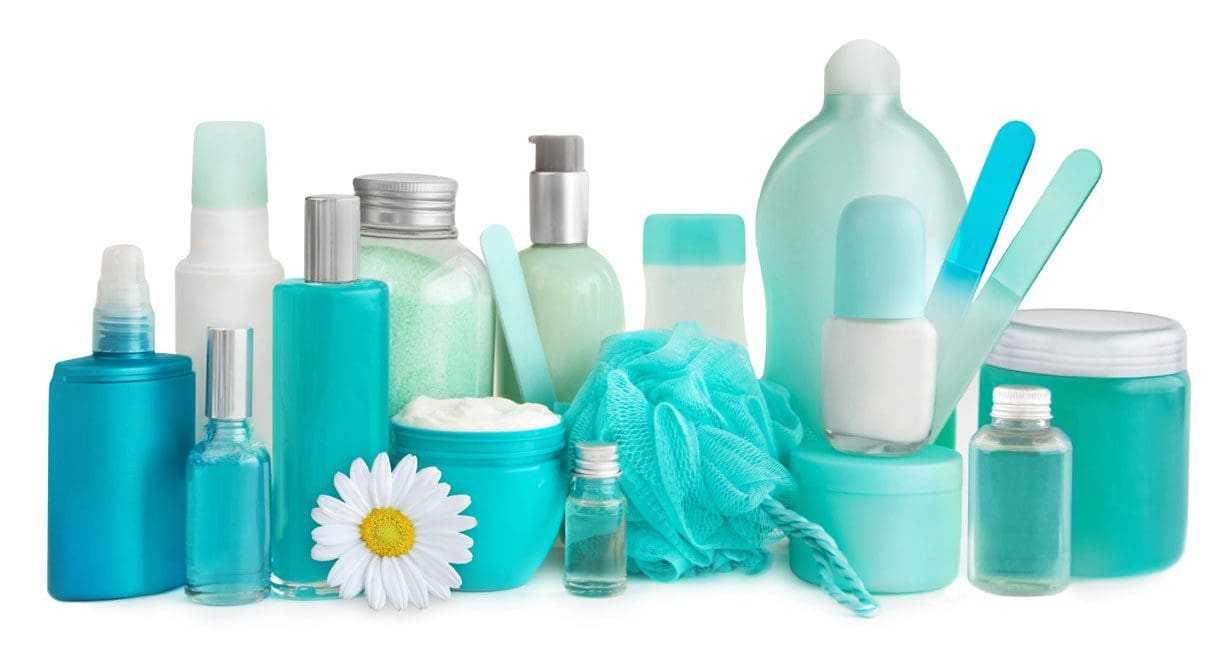

4. Minimise toxins in your home
The toxins that surround you can be just as important to your health and wellbeing as what you eat. Many commercial household items such as cleaning products, skin care products and makeup contain harmful endocrine disrupting chemicals. That means these chemical mimic oestrogen and can increase the risk of hormonal problems in your body. Have a look at the ingredients list of some of these products. Do you really want to be applying them to your skin? It’s best to choose products that are free of parabens, phthalates, mineral oil and sodium lauryl sulphate.


5. Move your body
Our bodies were designed to move. Sedentary lifestyles have been blamed on conditions such as obesity, heart disease, diabetes, arthritis and depression. It is important to make exercise a regular part of your life, whether you are trying to lose weight or not. Exercise is not a means to an end; it is important to exercise for the rest of your life.
As toxins are being broken down and released, we want them to make a quick exit; improving your circulation is one of the best ways to do this. By pumping the blood around your body under high pressure, your extremities will be cleansed with a fresh blood supply. Perspiration is a great way of releasing toxins through your skin. Exercise that makes you break out into a sweat is very detoxifying; it is similar to the effects of a sauna. Exercise is also very important for improving the efficiency of your lymphatic system, which is another detoxification channel in your body.
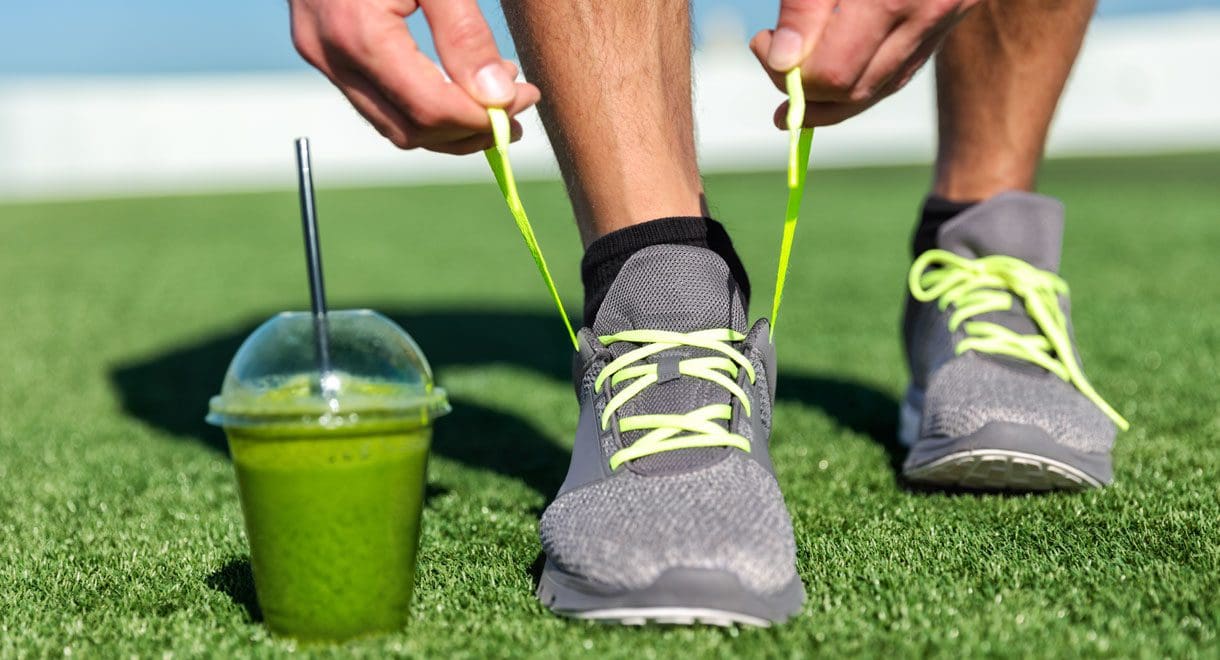

6. Do a cleanse
If you’re the type of person who prefers a structured regime, the Dr Cabot 15 day Cleanse would suit you perfectly! The kit contains 3 powders to take daily along with a healthy meal plan to follow to support your liver, gut and immune system. We also have a maintenance plan for your liver and your gut, to help keep you feeling well, making it easier to stay on track with healthy eating.



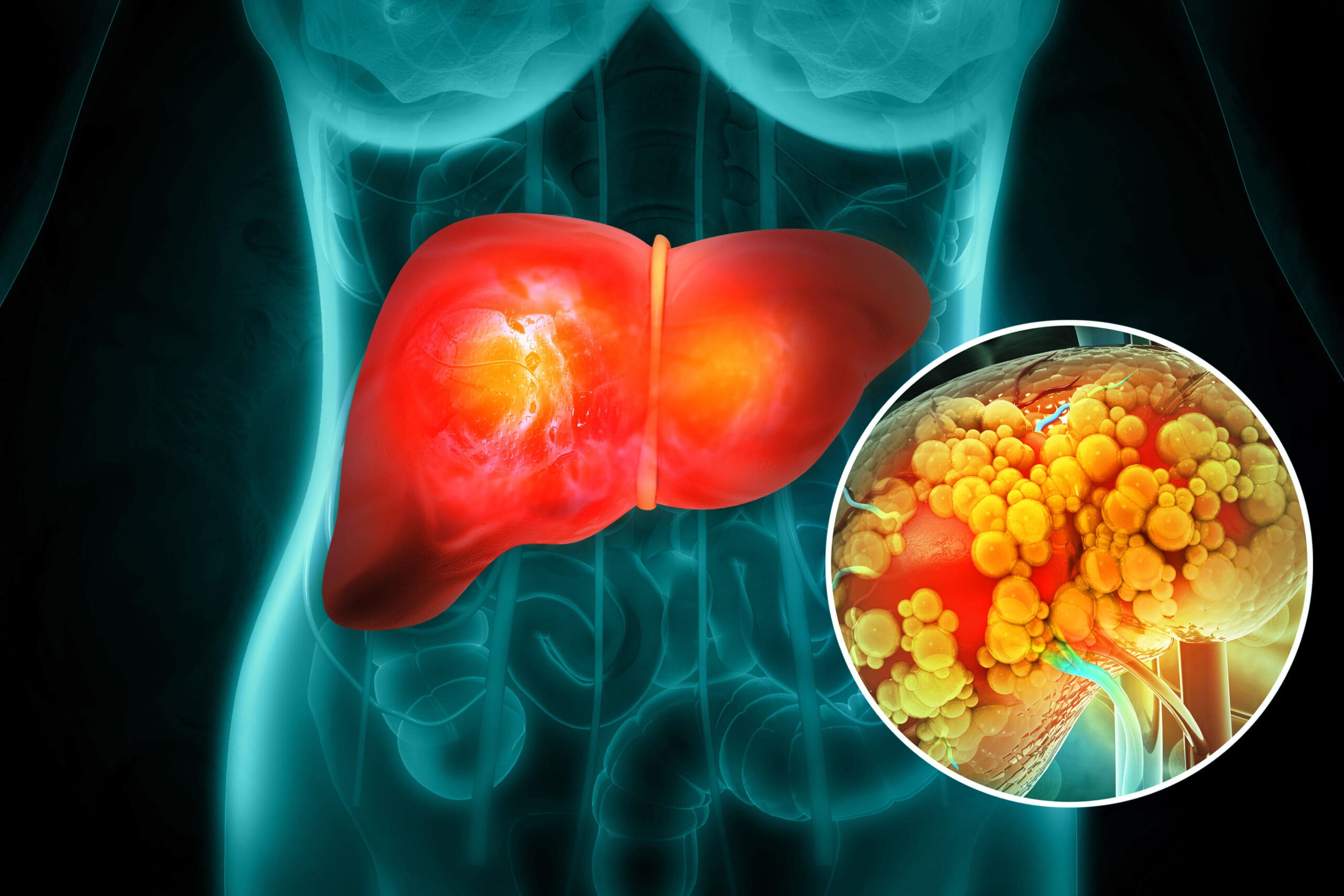
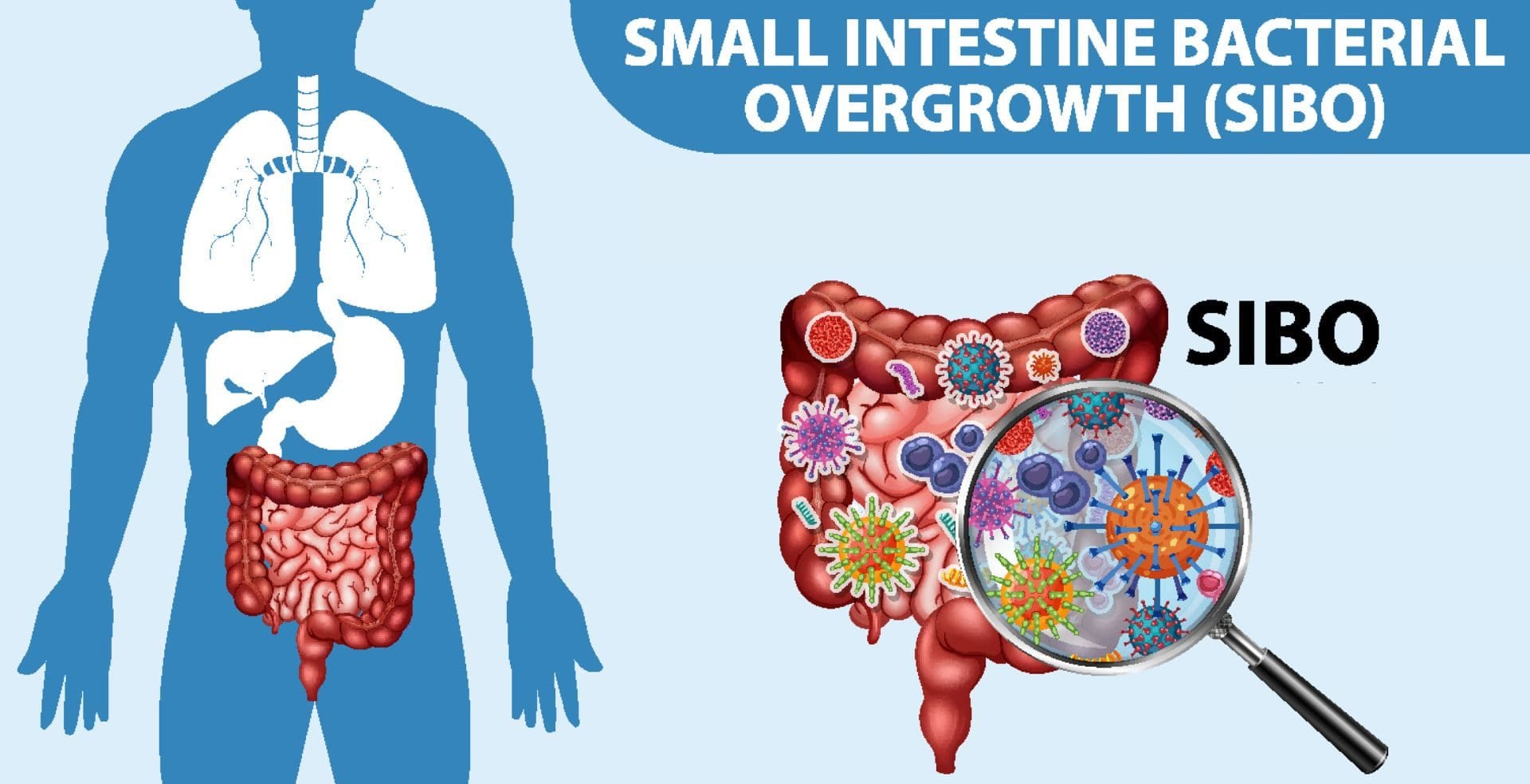


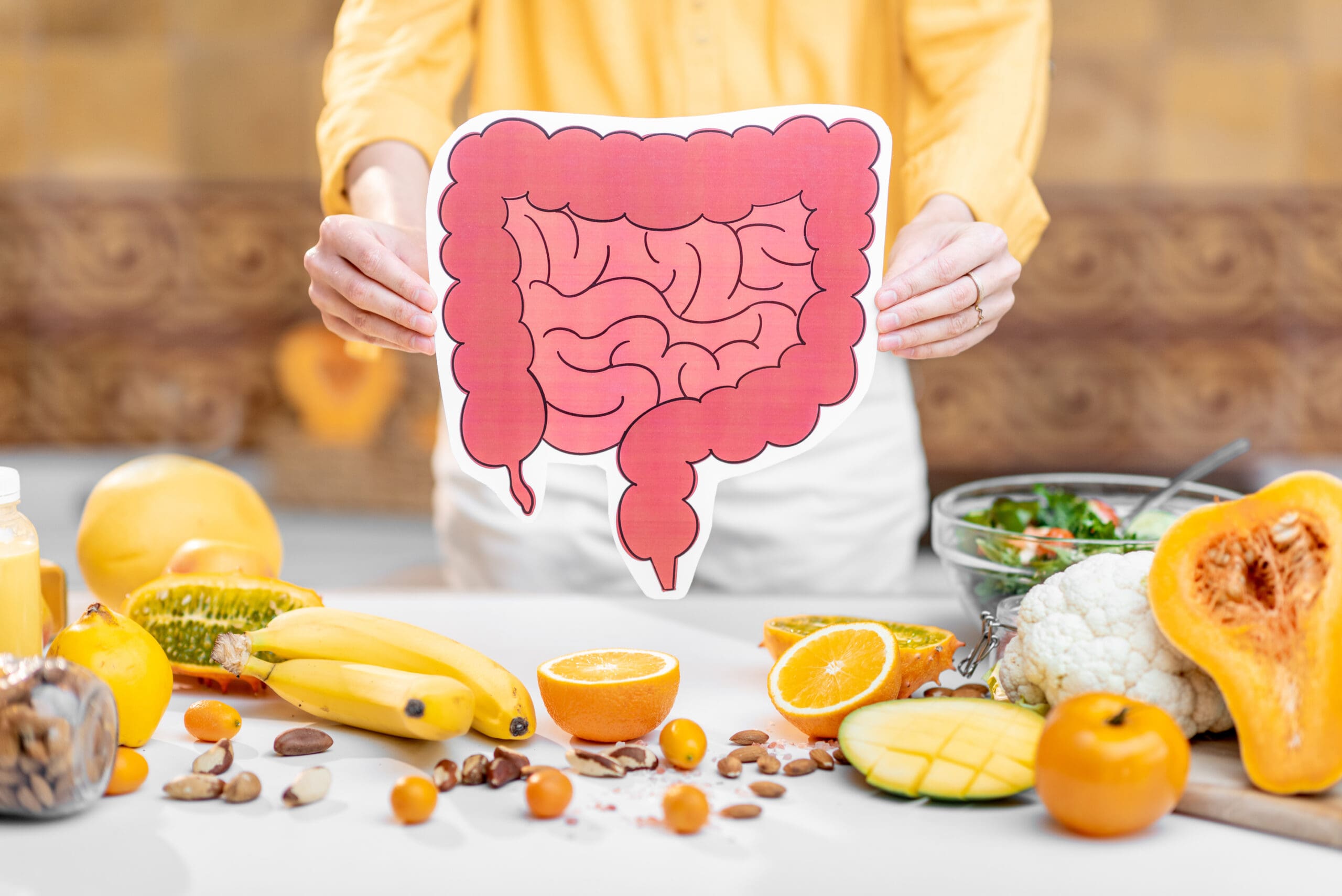
I have fibromyalgia and flare ups occasionally. What is the best way to overcome this disorder please. I take Kyolic, Vit c,b,d,e, caltrate, kombucha and yogurt daily.I use bioidentical hrt, zinc and olive leaf.
I eat sensibly and still have too much gas….Dr., wants me to try Lyrica .A friend thinks I should add prebiotics.
Can you advise please.
Kind regards,
Elaine
Hi Elaine,
You could have Small Intestinal Bacterial Overgrowth (SIBO) which is contributing the the gas and inflammation.
Bactoclear capsules help to eradicate this. Prebiotics can make symptoms worse if you have an overgrowth of the wrong bacteria.
This article outlines how fibromyalgia can be linked to gut issues: https://www.cabothealth.com.au/is-your-fibromyalgia-coming-from-your-gut/
Kind regards,
Louise
Is it okay to take Magnesium supplement whilst on 15 day detox programme? (Aching legs at night).
Hi Faye,
Yes definitely, it should help to reduce the cramps.
Please note that the Body Cleanse powder contains 180mg of magnesium, so you may want to reduce the dose of your regular Magnesium supplement.
Kind regards,
Louise